Thirteen novels make up the Booker Dozen longlist, a list with a lot of new names that few predicted. Six are by women, seven by men, with five American writers, six British, one Canadian and one South African.
The biggest name is probably two-time winner J.M.Coetzee and there are the familiar names of Deborah Levy (shortlisted in 2012 for Swimming Home), Elizabeth Strout and AL Kennedy, as well as four debut authors.

Chair of the 2016 judges, Amanda Foreman, commented:
‘This is a very exciting year. The range of books is broad and the quality extremely high. Each novel provoked intense discussion and, at times, passionate debate, challenging our expectations of what a novel is and can be…From the historical to the contemporary, the satirical to the polemical, the novels in this list come from both established writers and new voices. The writing is uniformly fresh, energetic and important. It is a longlist to be relished.’
The Longlist – click on the title to find a Goodreads summary of the book
Paul Beatty (US) – The Sellout
J.M. Coetzee (South African-Australian) – The Schooldays of Jesus
A.L. Kennedy (UK) – Serious Sweet
Deborah Levy (UK) – Hot Milk
Graeme Macrae Burnet (UK) – His Bloody Project
Ian McGuire (UK) – The North Water
David Means (US) – Hystopia
Wyl Menmuir (UK) – The Many
Ottessa Moshfegh (US) – Eileen
Virginia Reeves (US) – Work Like Any Other
Elizabeth Strout (US) – My Name Is Lucy Barton
David Szalay (Canada-UK) – All That Man Is
Madeleine Thien (Canada) – Do Not Say We Have Nothing
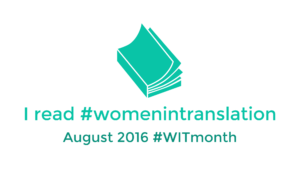 I’m focusing on reading Women In Translation #WITMonth during August, so I won’t be reading too many on this list, though I have dipped into Madeleine Thien’s Do Not Say We Have Nothing, the book that appeals to me the most – a story of musicians, composers, two generations of an extended family, from the Chinese cultural revolution to a new life in modern-day Vancouver.
I’m focusing on reading Women In Translation #WITMonth during August, so I won’t be reading too many on this list, though I have dipped into Madeleine Thien’s Do Not Say We Have Nothing, the book that appeals to me the most – a story of musicians, composers, two generations of an extended family, from the Chinese cultural revolution to a new life in modern-day Vancouver.
I’m also keep to read Deborah Levy and can tell you that Elizabeth Strout’s book My Name is Lucy Barton has had many great reviews.
For now, I’m 100 pages into reading last years Man Booker Prize winner by Marlon James, A Brief History of Seven Killings and wow – it’s like entering into another world, a dark, dangerous, impulsive world inside a Jamaican ghetto, via a range of characters and voices.
The Shortlist and Winner Announcements
The shortlist of six books will be announced on Tuesday 13 September and the winner will be announced on Tuesday 25 October.
Click Here to Buy Any Book On the Longlist Via Book Depository
So, have you read any of the books on the list?

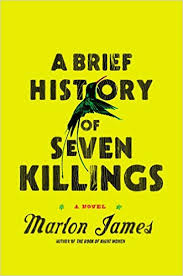
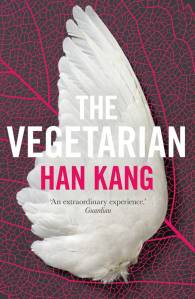
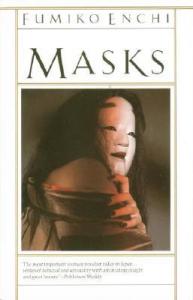




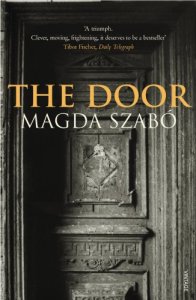
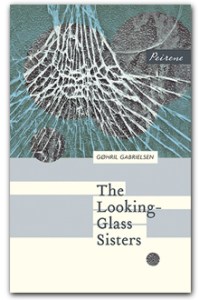
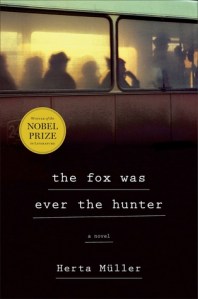


 Proulx hasn’t published a novel since 2002 and has spent the last ten years researching, studying, writing about and travelling to visit trees and forests of the world. Her novel has at its heart, the theme of deforestation and uses the two families to illustrate her thinking, that there is no greater protector or more harmonious dweller of a lands natural resources than those who are native to the area.
Proulx hasn’t published a novel since 2002 and has spent the last ten years researching, studying, writing about and travelling to visit trees and forests of the world. Her novel has at its heart, the theme of deforestation and uses the two families to illustrate her thinking, that there is no greater protector or more harmonious dweller of a lands natural resources than those who are native to the area.


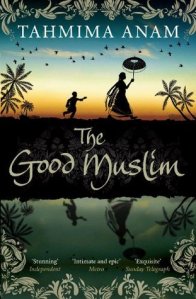


 Dear Husband,
Dear Husband,

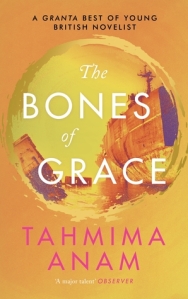
 Dumped with an uncaring relative after his mother dies of consumption Andreas Eggers connects with the mountain more than with the family that barely tolerate him and when he is strong enough to resist the thrashings, will leave and make his own way as a labourer eventually earning sufficient to buy a plot of land up the mountain where he can build a cabin.
Dumped with an uncaring relative after his mother dies of consumption Andreas Eggers connects with the mountain more than with the family that barely tolerate him and when he is strong enough to resist the thrashings, will leave and make his own way as a labourer eventually earning sufficient to buy a plot of land up the mountain where he can build a cabin. Born in Vienna, Austria, Robert Seethaler is an actor (most recently in Paulo Sorrentino’s Youth) and writer, he grew up in Germany and now lives in Berlin. A Whole Life is his fifth novel and the first to be translated into English.
Born in Vienna, Austria, Robert Seethaler is an actor (most recently in Paulo Sorrentino’s Youth) and writer, he grew up in Germany and now lives in Berlin. A Whole Life is his fifth novel and the first to be translated into English.